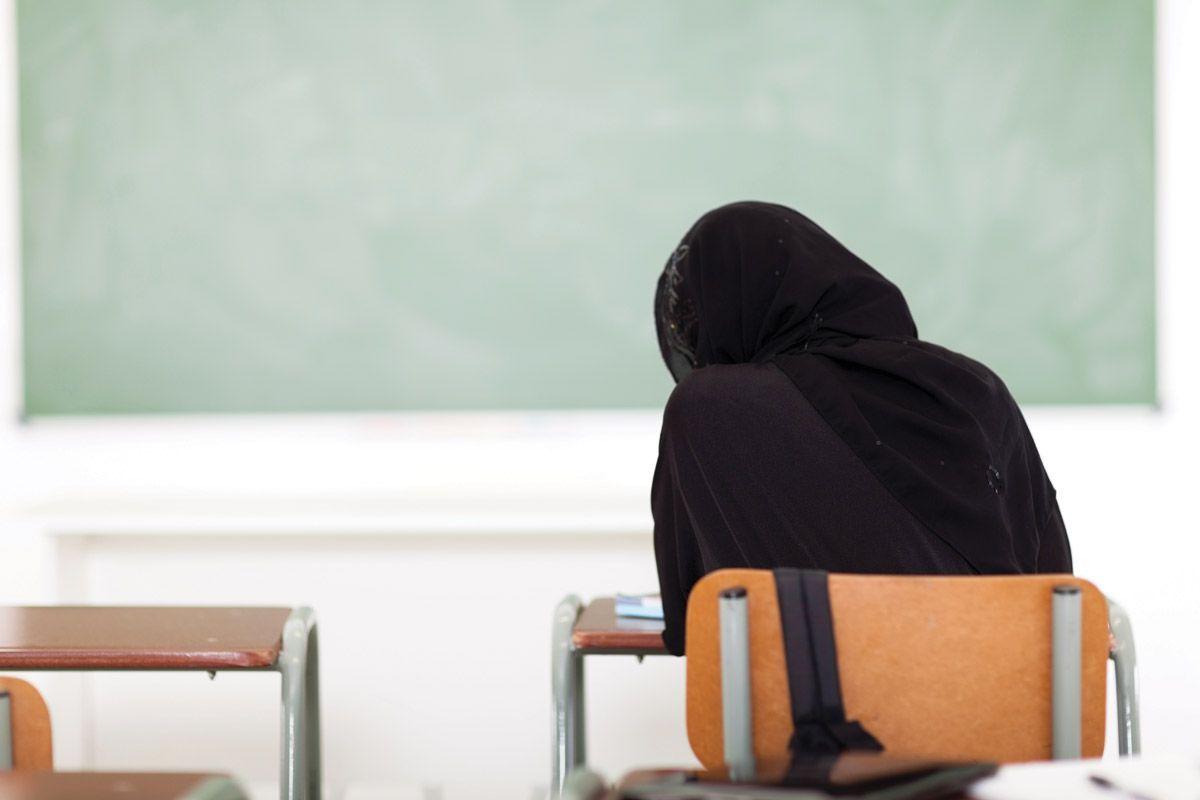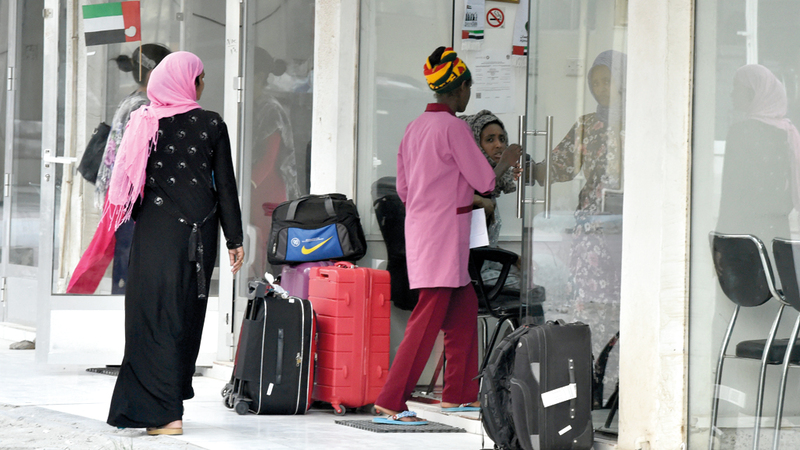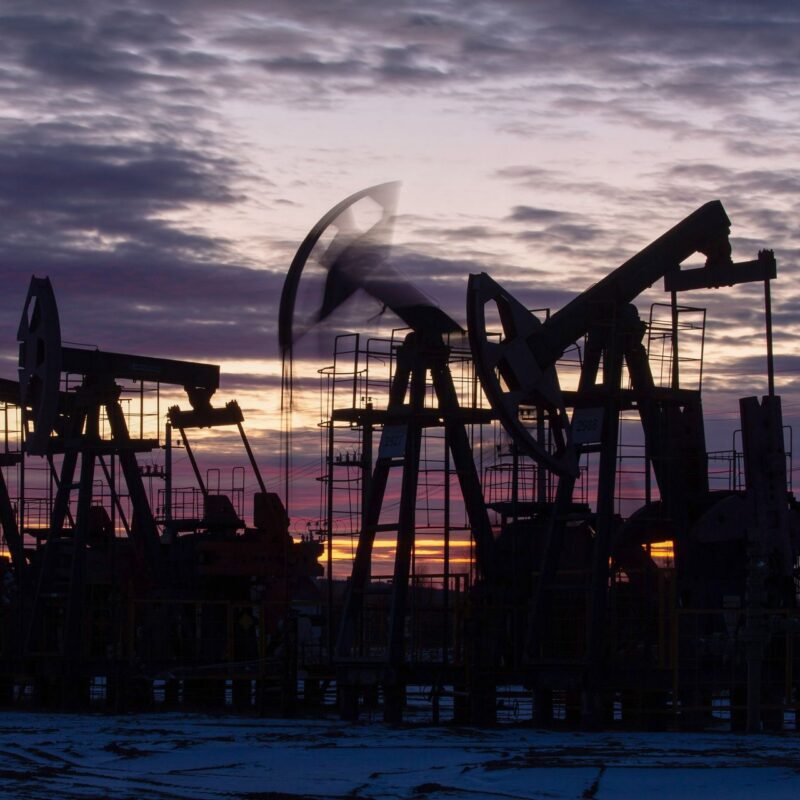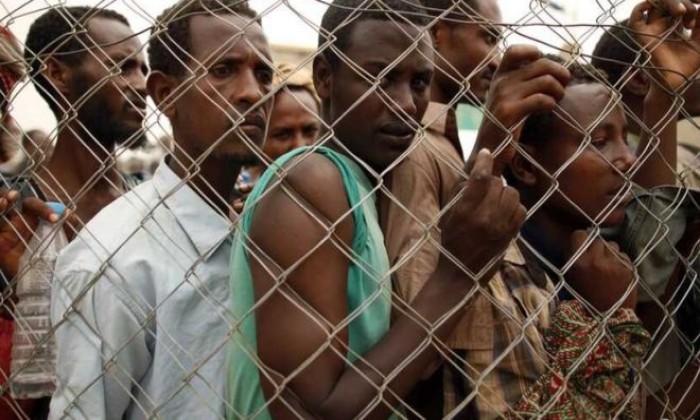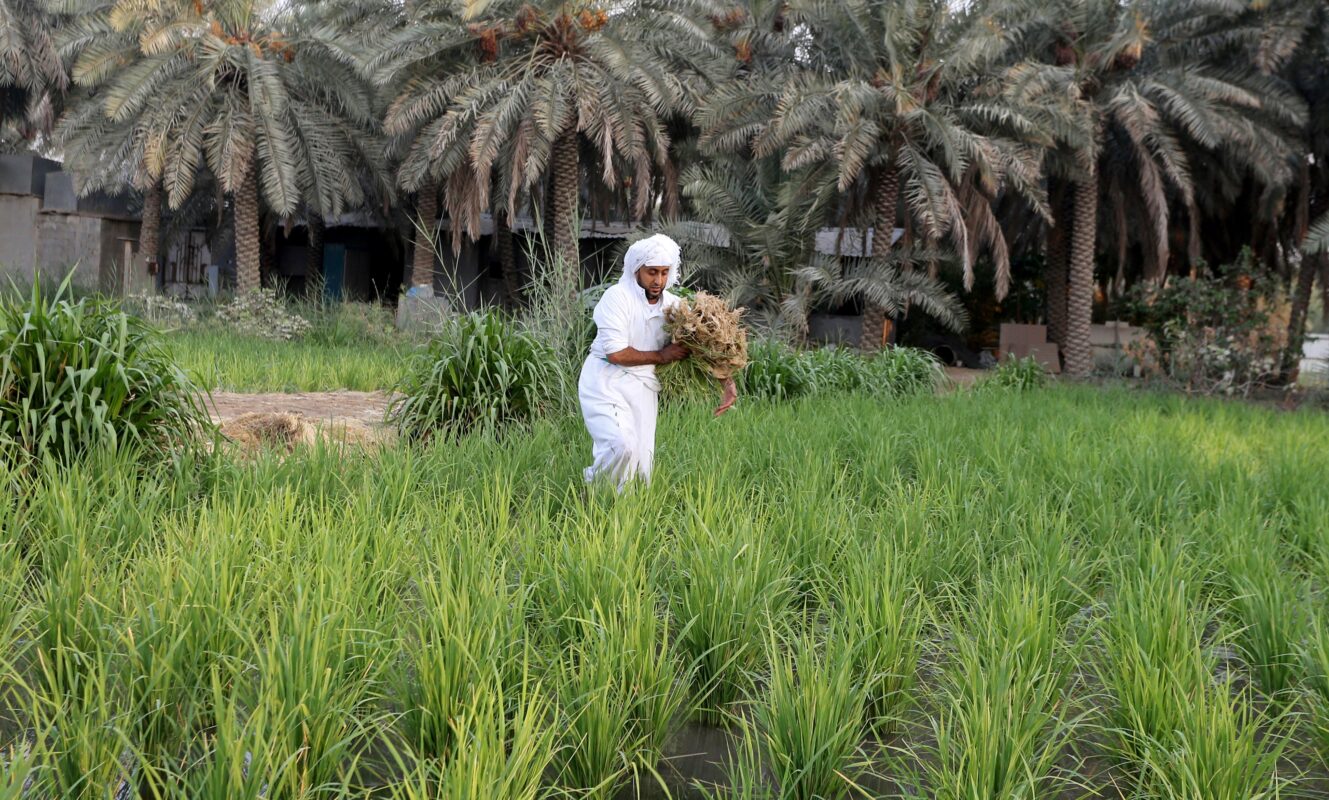Context and Background The evolution of women’s access to education in the Gulf Cooperation Council (GCC) countries – Bahrain, Kuwait, Oman, Qatar, Saudi Arabia, and the United Arab Emirates – presents gradual but progressive advancements, reflecting broader societal transformations in the region. In the early 20th century, education for women was traditionally limited, as cultural[…]
Indian women migrant workers in the Middle East and North Africa (MENA) region are expected to reach 6 million in 2-3 years. Due to the loosening of labour restrictions regarding women in the region, for example, the removal of restrictions on work during night hours, there has already been a 23% growth in demand for[…]
Seventy-six million metric tons of oil reserves are located in the Arab Gulf, constituting around 66% of the global reserves. Oil represents a prominent source of income in the Middle East, proven by the increased production during the last decades. From 1980, oil production passed from 11 million barrels per day to 18 million. The[…]
The Gulf remains a major destination for migrant workers, primarily from southern and Southeast Asia. Often, migrants from Bangladesh, India, Sri Lanka, Pakistan, and numerous other countries travel to the Gulf States to work in low-skilled labour sectors. ADHRB, along with other organisations, reported the systemic discrimination these minorities face, including access to healthcare, threats[…]
Food security is described by the FAO (Food and Agriculture Organization) as ‘’ all people, at all times, have physical and economic access to sufficient, safe and nutritious food to meet their dietary needs and food preferences for an active and healthy life”. In addition, food security is structured in four pillars, namely: 1) Availability[…]


